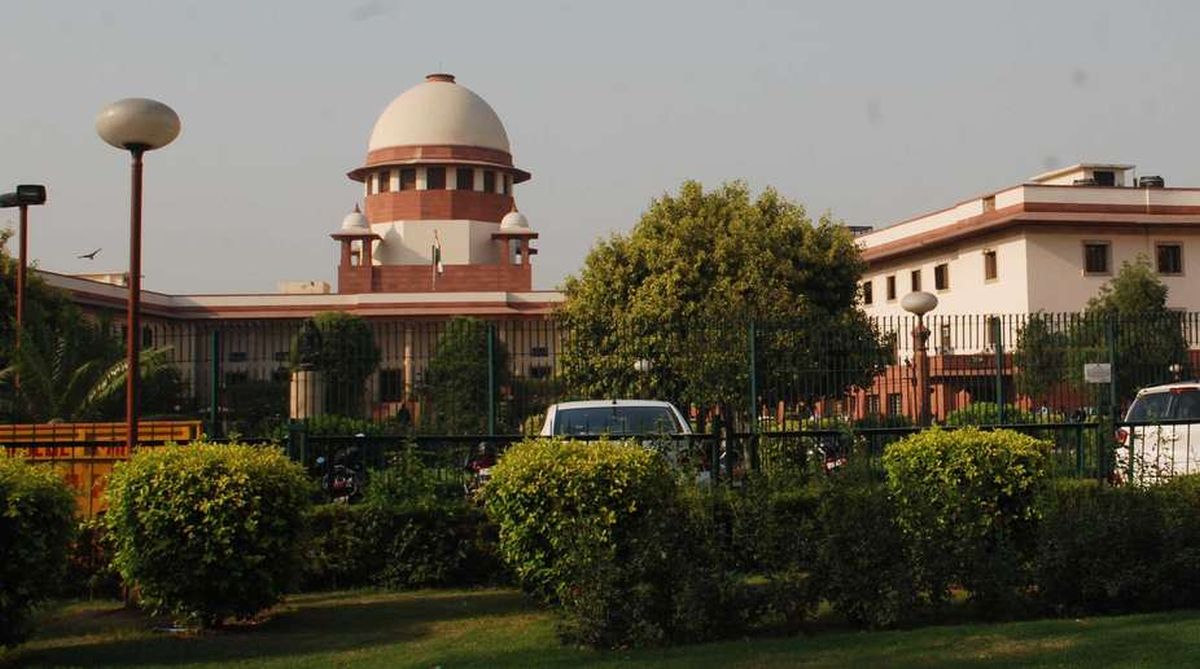The Supreme Court on Tuesday left the decision of criminalisation of politicians on the Parliament while giving out the verdict on a public interest plea seeking to debar from the electoral arena the politicians with criminal antecedents against whom charges have been framed by trial courts for heinous offenses.
The apex court ruled it was the responsibility of the Parliament to make laws and ensure that criminals do not come to politics.
Advertisement
“Parliament must ensure that criminals must not come to politics. No bar on criminal antecedents of political leaders, it’s Parliament to make laws,” Chief Justice of India Dipak Misra said, reading out the order.
“We are not in a position to add disqualification of candidates on the filing of charge sheet in criminal cases,” the CJI said.
“National interest demands parliament enacts such legislation and the country awaits such a legislation,” the court added.
The five-judge constitution bench comprising Chief Justice Dipak Misra, Justice Fali Nariman, Justice A.M. Khanwilkar, Justice D.Y. Chandrachud and Justice Indu Malhotra had in the course of hearing made it clear that it can neither lay down a law nor ask the Parliament to enact one to bar the politicians with criminal antecedents from contesting elections.
“We can’t make a law or do indirectly what we can’t do directly. We will only see if we can do anything on disclosure (of criminal antecedents). We will see if we can add to the disclosure so that people make a well-informed choice at the polling booth. Let people judge,” Chief Justice Misra had said on the conclusion of arguments on August 28 when the verdict was reserved.
Accepting that it could not pass directions which are in the nature of lawmaking nor it could, respecting the separation of powers, ask the Parliament to enact law ejecting politicians with criminal antecedents from the electoral field, the Chief Justice taking recourse to the Right to Information, had said: “Right to information (about the criminal antecedents of the candidates) means right to proper information.”
This court had said in the wake of strong resistance by the Centre which had told the court that the lawmaking was within the exclusive domain of the legislature and “what court can’t do directly (asking legislature to enact law), it can’t do indirectly (by asking the Election Commission to frame regulation under the Symbol Rules)”.
The court in the course of the hearing had asked whether it could direct the Election Commission to include in the symbol order a clause that a political party is liable to lose its recognition if it fields candidates accused of heinous crimes.
Seeking the barring of politicians charge-sheeted in heinous crimes from the electoral fray, the PIL petitioner NGO Public Interest Foundation had contended that parliament with 34 per cent lawmakers with criminal background will never act to cleanse the electoral politics.
(With agency inputs)
